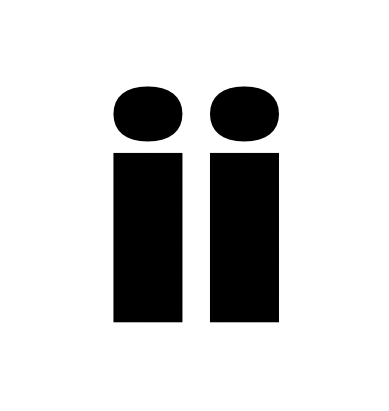Wellness or Worship? Islam’s Ancient Blueprint for Modern Self-Improvement

In recent years the world has grown enamoured with the language of wellness.
Scroll through your feed or browse through a bookstore and with certainty you will encounter endless exhortations in fasting intermittently, waking up before dawn, practicing gratitude, eating clean and the decluttering of your life. These ideas are seen as revelations in modern science or the so called fruits of Western philosophy, as if humanity has only just stumbled upon the path of realising the significance of internal and external fulfilment and stability.
Yet for Muslims, such principles can hardly be described as novel. They form the foundations of our faith, and are woven into the fabric of what it means to be a successful Muslim. What the West is now selling as lifestyle, we have known it as worship.
I recently came across a video by Dr Sheen Gurrib. I was struck by not just the content of her message but the dignity with which she spoke about our Islam. There was no attempt to reframe faith in borrowed terminology rather only an affirmation that what others are now discovering Muslims have embodied for generations. Her words reminded me, and should remind us all, that we have nothing to be apologetic about. Our tradition is certainly not playing catch-up, it is the originator of this contemporary movement. To wear one’s Islamic identity with such honour is not arrogance but fidelity to the Truth we have inherited.
Take fasting, for instance. Modern physicians praise its benefits for cellular repair, mental clarity and metabolic health. Yet, for the believer, fasting has never just been about the physiology. In Ramadan and other voluntary fasts, restraint extends beyond the stomach. The tongue refrains from gossip, the eyes from envy and the heart from bitterness. Hunger becomes a teacher, disciplining the body so that the spirit awakens. Where science celebrates cellular repair, Islam celebrates the renewal of soul and body alike.
Consider shukr. The secular 'self-help movement' has rebranded it as journaling exercises, designed to rewire the brain towards positivity. Muslims however are taught to let alhamdulillah flow as naturally as breath itself. Gratitude in Islam is not a strategem for mood management. It is paying heed to the Creator of the Heavens and Earth. It multiplies blessings, shields against despair and steeps the heart in remembrance.
The same may be said of waking up early. Productivity experts extol the power of dawn, yet Muslims have long known the sanctity of fajr. To awake at an early hour is not merely to seize the day but to orient it, beginning not with tasks or consumption but with prostrating before Allah - having a conversation with our Lord. Productivity may be a by-product, but the primary focus is worship.
Minimalism has too been commodified in recent years, lauded as the cure for consumerist excesses. In Islam we have always emphasised the idea of living simply, freeing oneself from the subjugation of our material possessions and the of measuring wealth not by a fiscal accumulation but by intention and honesty. The Prophet PBUH owned very little yet lived with incomparable richness of soul and mind. To detach from this lowly world is not deprivation but true freedom.
Even the idea of welfare, which modern societies trumpet as progressive, was systematised in Islam from its earliest days. Zakat is not just charity but a pillar, a structural redistribution of wealth that ensures no one is left forgotten. Waqf institutions sustain orphans, widows and scholars, embedding social responsibility into the foundations of society.
When secular voices only now celebrate fasting, gratitude, modesty, restraint, or even just caring for our communities, we should recognise the benefit in the substance of their message and, arguably, the accessible dispensation of these treasures with those not yet part of our faith. But let's not also forget the irony that what is currently being hailed as innovation is simply Islam, in action, without name. This recognition should stir self-esteem, not scorn.
Muslims need not validate their practices through secular jargon or scientific trends. Fasting does not require the stamp of 'intermittent' fasting to be meaningful. Dhikr does not need to masquerade as mindfulness to be valuable.
Islam does not present wellness as an accessory to life. It showcases self-improvement as worship and as the very purpose of our existence. To fast, to give thanks, to live simply and to care for others - these are not fads or hacks. They are the pathways by which body and spirit are bound together and magnetised towards their Source. What the world calls wellness, we call ‘ibadah. And therein lies the secret of life itself.
Faithfully, Issa.
___
Assalaamualaikum, I have a quick message to share with you all. Every week I try and muster up an article of at least some significance, either to myself or something that may be of benefit to all of us. Alhamdulillah, so many of you have supported me along the way and we're a growing community.
I have loved every comment, email and interaction this blog has fostered and I pray for its continuation and increasing benefit for myself and each of you that show up for every post. A final request would be to subscribe, for free, below by just entering your email and you'll get each post sent straight to your inbox.
Jazakhallah khair.

